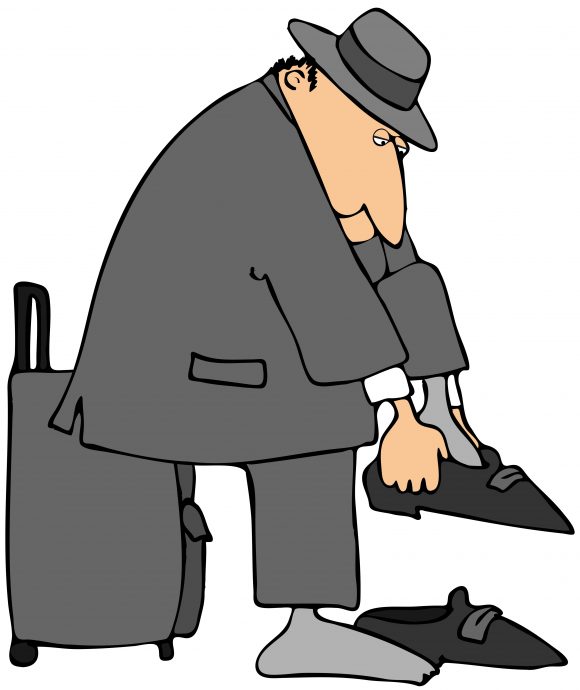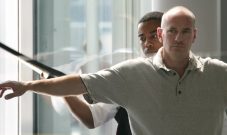What Is TSA Security Screening Good For?
What to say about the security system at most airports? Many small government people are skeptical that the airport security does any good – viewing it as security theater that merely improves the feeling of security without actually making anyone safer. While there is certainly some evidence that airport security allows people to smuggle weapons and explosives on to airplanes, my guess is that it provides some deterrence. The extent of that deterrence and whether its benefits outweigh the costs is much harder to say.
But what seems to me undeniable is how costly this security is to the public. Certainly the security line is a very unpleasant experience in oh so many ways. One has to wait on line for a while, take off your shoes and empty your pockets, and take out bags and devices from your belongings. One must also prepare in advance so that you have conformed to their rules in packing your materials. There is, of course, the x ray machines and pat downs. And there are people with special issues, which requires that they deal with an additional level of intrusion. All of this is run by people who normally are not terribly pleasant about what they are doing. If you object to anything, these people often react the same way that the police do – as if it is a sign of disrespect, and they often display an aggressive response that says you don’t have the right to object.
But put all of this to the side. What gets me the most is that the length of the line and its unpredictability. The line can vary from almost nothing to 45 minutes or longer, yet it is difficult to predict what it will be. The other day I was flying out of Las Vegas on a Sunday, and the line was very long. Yet, TSA was not using all of the available counters for checking people. It was only after I waited more than 30 minutes (and nearly missed my flight) that the TSA opened up several additional counters.
It is behavior like this that one typically sees from government agencies, not from private companies (unless they have monopolies or there are barriers to entry generally due to government protection). It is hard to understand how the TSA could justify not using all of the counters on a Sunday afternoon. One speculates that it was simply easier for it not to go out of its way to speed up the process.
Interestingly, the TSA precheck lines moved quite expeditiously. As I watched their treatment, I resolved to go through the trouble of getting approved for precheck. And that program is certainly a plus, allowing one to avoid the costs of the security lines (but by paying a price in terms of the inconvenience of getting approved). Yet, it struck me that the precheck program is a way that TSA avoids negative feedback. The people most likely to complain in an effective way about TSA – frequent travellers with the knowledge and organization to make effective complaints – are exactly the people who are most likely to sign up for precheck. Thus, the precheck program also has the effect of insulating TSA from accountability.
As I was waiting on the line, I was reminded of a time when I sat in a car for 90 minutes waiting to pay a toll to get on a bridge in New York City, also on a Sunday. It turned out that several of the toll collector stations were empty, as the toll collectors had called in sick. Just think about the number of people made to wait in a car (back in the day when there were no cell phones) because the government cannot be bothered to provide adequate services to the citizens.
Sad. Infuriating. But not surprising.

